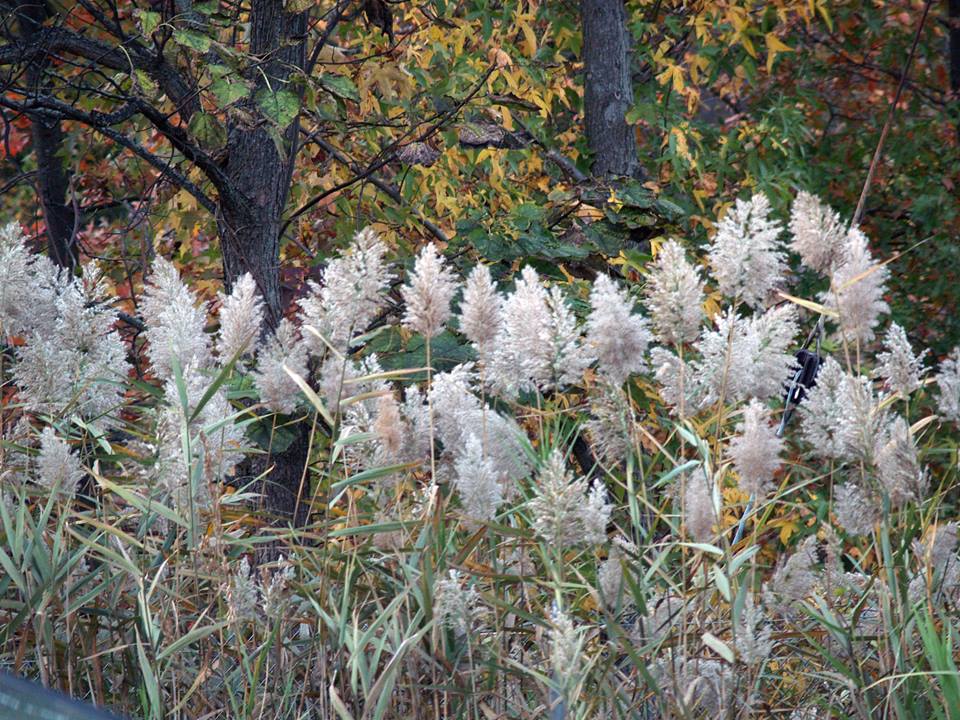Keeping track of records past and present
Do you know Pratima Bandyopadhyay’s famous song—Amar hath dhore tumi niye cholo sokha-was a remake? Or that Mohd Rafi was the first Indian to sing an English pop. Do you know Jibone jare tumi daoni mala, morone keno tare dite ele phool is not a Nazrulgeeti? He would tell you all this with effortless ease and elan. He is no quiz buff strong in Indian songs. He’s a researcher who delves deep into the world of harmony.
Meet Siddhartha Dasgupta.
Forty-six-year-old Dasgupta’s passion is not just to collect records that capture the not-too-familiar facets of many a song but to probe the genesis of Indian songs.
Born and bred in the city, Dasgupta’s brush with music began from home. “My father Ashok Dasgupta had a tremendous passion for music,” he says. “My father read all of Tagore’s writings and could sing all Dev Anand’s songs,” he recalls.
Dasgupta began buying records while he was a student of Class VIII. “While studying in Rammohan College, I used to walk back home to save money so that I could buy records,” he reminisces. His emotion showed up as he displayed the record Ye mera diwanapan hai (Mukesh sang in Yehudi). “That’s my father’s favourite song,” he says.
Since childhood, Dasgupta felt an inner urge to probe deep into songs. “I was always interested to know the history of the songs and bring out the truth. I work hard for my research work,” he says.
“Angurbala Devi sang Amar hath dhore tumi niye cholo sokha (No P 7184, HMV) in 1929 and Amar jibon nodir opare (No P 11510) in 1927. These two songs were sung by Pratima Bandyopadhyay in 1967 in Arundhat Devi’s film Chhuti. Jibone jare tumi daoni mala, morone keno tare dite ele phool popularly known as Nazrulgeeti was “originally written by Pranab Roy in 1942—music composed by Sailesh Dasgupta and sung by Santosh Sengupta (record No N 27235),” he says.
When was the first Adhunik Bengali song recorded? In March 1934, Juthika Roy sang two songs (78 RPM)—Ami bhorer juthika/Saanjher taroka ami (written by Pranab Roy, music by Kamal Dasgupta).
“These two songs were first labeled as Bengali modern songs,” he says. While showing his 3000-odd records, Dasgupta pointed out a number of HMV’s goof-ups. “In Kishore Kumar’s Nayano sarashi tumi, the music of the last song –Ami nei– was originally given by Lata Mageshkar. But the HMV record shows the music was composed by the singer. It’s a big mistake,” he says.
Following the death of legendary Salil Choudhury, HMV brought out a compilation. The song, Ami boli tomay dure thako, was referred to as Chaudhuri’s music. “But, the music was originally composed by RD Burman in 1965. And this was incidentally RD’s first music in Bengali song,” he adds.
In 1997, Dasgupta joined AIR, Kolkata as FM presenter. He is grateful to Mrs Krishnasarbari Dasgupta and Swati Chhattopadhyay, both programme executives. In March 2000, Dasgupta presented a radio programme on FM—Tolly Bolly Sambad and in June 1998 Saath panker phanse. “Both the programmes were huge hits across the state,” he says.
While presenting radio programme, Dasgupta also coined Bengali terms like fantasotic and dibbo. “If you go to rural Bengal, you will hear these words even now,” he says.
Dasgupta has a visceral hatred for TV. “You can see I don’t have a TV at home,” he says. Music stirs Dasgupta’s soul. “Heard melodies are sweet but those unheard are sweeter” always inspires him.
